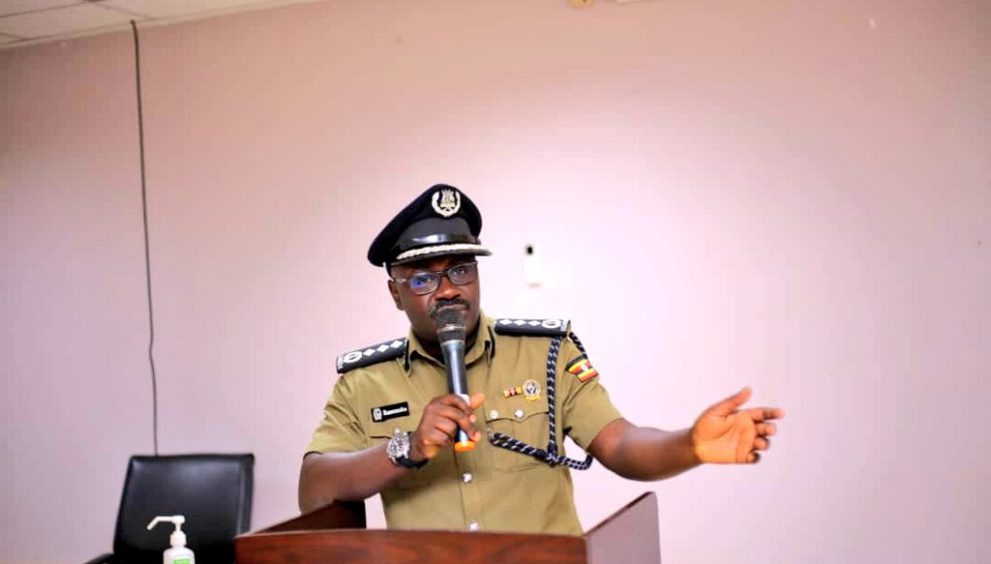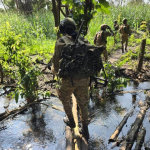Police to Bridge Education Gap with New Schools for Officers’ Children

The Police have announced plans to open a new senior secondary school and vocational institution by 2026, aiming to support the education of their officers’ children. The first facility will be located in Kikandwa, Wakiso district, and will adhere to government education standards. This initiative also includes efforts to reclaim existing Police-founded schools.
In an effort to enhance welfare and empower the children of their officers at a reduced cost, the Police have announced plans to establish a senior secondary school and vocational institution.
Assistant Commissioner of Police in charge of education, Jane Nakyito, stated that they are in the process of ensuring that these two educational facilities will be operational by the 2026 academic year, with the goal of bridging the education gap while adhering to existing government standards.
Commissioner Nakyito highlighted that the first school will be located in Kikandwa, Wakiso district, due to the high concentration of Police officers residing in the area, which correlates with a significant number of children and dependents of school-going age.
“We aim to improve the welfare of our officers by providing educational institutions for their children and dependents. We are working in accordance with the plans, policies, and guidelines set by the Ministry of Education, which will assist in establishing the desired standards for these facilities and ensuring their sustainability,” she added.
Commissioner Nakyito also mentioned that they are in the process of creating a database to capture the details of all officers’ children and dependents. Additionally, they are collaborating with the Ministry of Education on key issues to develop the human resource capacity necessary for the success of these institutions.
She further explained that there are currently 19 Police-founded schools, of which 10 are government-aided while nine are private. The Police are seeking to reclaim these institutions.
The current administrations of these schools will not be phased out; rather, they will be integrated with the founding body and closely supervised by the Chief Political Commissar (CPC) to provide guidance in line with the Ministry of Education, particularly in addressing performance issues.
Commissioner Nakyito made these remarks at the Civil Service College Uganda (CSCU) in Jinja city, while addressing a Police baraza of Kiira Police region officers, presided over by Ubaldo Bamunoba, the Director of CPC. Bamunoba was on a familiarization and needs assessment tour on Tuesday, August 20, 2024.
Combating Corruption and Indiscipline
Director Bamunoba explained that his tour was intended to reawaken the officers to the mandate, vision, and mission of the Police, with the aim of creating a crime-free society through the fight against corruption and indiscipline.
He emphasized that officers must understand the Police’s zero-tolerance policy towards corruption and that they should perform their duties without being influenced or expecting inducements.
“Any officer found engaging in corrupt practices or acting contrary to the law will be dealt with and held accountable by the Police Standards Unit,” he asserted.
Director Bamunoba also noted that his office is working towards the implementation of a sub-county policing model, which is a presidential directive. He explained that they plan to utilize the repossessed government structures, previously used as sub-county offices, to house Police stations.
According to him, each Police post will be staffed with 18 officers and equipped with a landline, a vehicle, and motorcycles to facilitate officers’ ability to reach the community efficiently.
Paul Nkore, the Commissioner in charge of political education, urged officers to maintain discipline, professionalism, and self-esteem, and to work towards community orientation and nationalism, while providing scientific evidence at all stages of duty.
Kiira Police Region Commander, Charles Nsaba, remarked that the strong working relationship between the community Police and the army has contributed to a reduction in crime.







